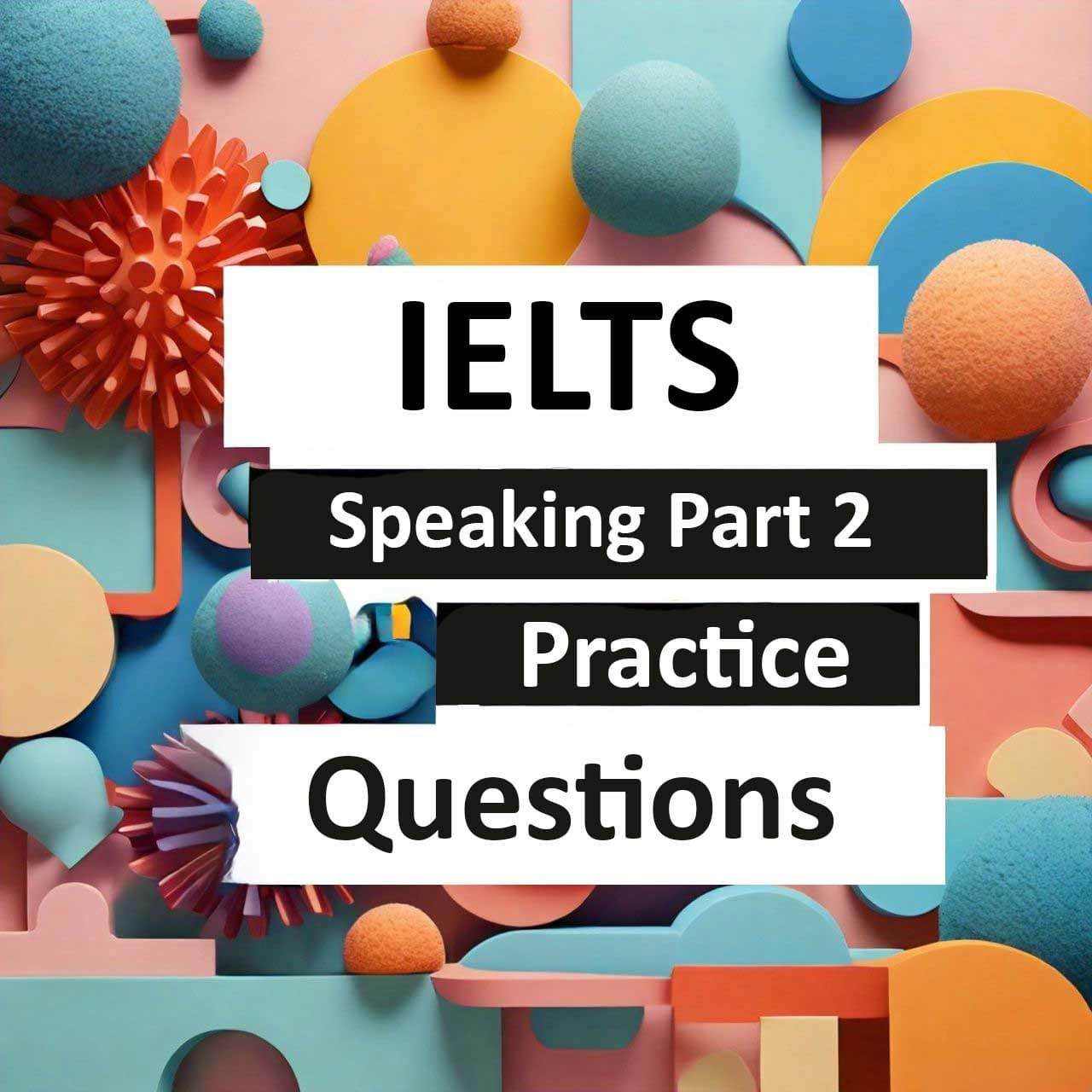Introduction
The IELTS Speaking test can be intimidating, especially when you’re trying to organize your thoughts and express them fluently within a limited time. Managing your time effectively during the test is essential to ensure you address all parts of each question while showcasing your English skills.
In this blog post, we’ll explore actionable strategies to manage time in IELTS Speaking, help you maintain fluency, and give you the tools to ace this crucial part of the exam. Whether it’s Part 1, Part 2, or Part 3, these tips will help you deliver structured and confident responses.
Table of Contents
Why Is Time Management Important in IELTS Speaking?
Time management in IELTS Speaking is crucial because it directly impacts your performance. If you spend too much time on one part of a question, you might miss the opportunity to showcase your vocabulary, grammar, and fluency.
Key Benefits of Managing Time Effectively:
- Fluency and Coherence: Speaking within the time limit helps you stay focused and avoid rambling.
- Task Achievement: You can fully address all parts of the question, increasing your chances of a high band score.
- Confidence Boost: A well-timed response shows examiners that you are prepared and comfortable with English.

1. Understand the IELTS Speaking Format
Before diving into time management strategies, it’s essential to understand the structure of the IELTS Speaking test.
- Part 1 (4-5 minutes): The examiner asks personal questions about familiar topics like work, studies, or hobbies.
- Part 2 (3-4 minutes): You receive a task card with a topic and have 1 minute to prepare your response, followed by 1-2 minutes to speak.
- Part 3 (4-5 minutes): A discussion on abstract or complex topics related to Part 2.
Each section has its own timing challenges, and managing your time effectively in each part is key to success.
2. Manage Time in IELTS Speaking Part 1
In Part 1, questions are short and straightforward, but it’s easy to either over-elaborate or give overly brief answers.
How to Manage Time:
- Keep Answers Concise: Aim for 2-3 sentences per question.
- Avoid Yes/No Answers: Always add a bit of explanation or an example.
- Stay Relevant: Don’t stray off-topic, as this wastes time and may confuse the examiner.
Example Question: “Do you enjoy cooking?”
Good Answer: “Yes, I enjoy cooking, especially trying out new recipes from different cuisines. It’s a relaxing activity, and I love experimenting with flavors in my free time.”
3. Handle Time Effectively in IELTS Speaking Part 2
Part 2 is where many test-takers struggle with time management. You have 1 minute to prepare and 1-2 minutes to speak.
How to Manage Time During Preparation:
- Make Quick Notes: Jot down key points or keywords, not full sentences.
- Structure Your Response: Use a simple structure like:
- Introduction
- Key details
- Example or personal story
How to Manage Time While Speaking:
- Expand Each Point: Spend around 20-30 seconds on each idea.
- Use Linking Words: Phrases like “For example,” “In addition,” and “On the other hand” help extend your response naturally.
- Don’t Stop Early: Aim to speak for the full 2 minutes if possible.
Example Topic: Describe a book you recently read.
Response:
“I recently read ‘Atomic Habits’ by James Clear, which focuses on how small changes can lead to big results. The book provides practical advice on building good habits and breaking bad ones. One idea I found particularly useful was the concept of habit stacking, where you pair a new habit with an existing one. For instance, I started doing 10 push-ups right after brushing my teeth every morning. It’s been an eye-opener for me, and I’d highly recommend it to anyone looking to improve their daily routine.”
4. Time Management Tips for IELTS Speaking Part 3
Part 3 involves more complex, opinion-based questions. You’ll need to provide detailed and well-structured answers within 4-5 minutes of discussion.
How to Manage Time:
- Balance Depth and Brevity: Aim for 4-5 sentences per question, ensuring your response is detailed but not too long.
- Support Your Opinions: Use examples or reasons to back up your answers.
- Pause Strategically: Take a moment to think if needed but avoid long silences.
Example Question: “Do you think technology has improved communication?”
Good Answer: “Yes, I believe technology has significantly improved communication. For instance, messaging apps like WhatsApp allow people to stay connected instantly, no matter where they are in the world. However, I think face-to-face communication is still essential because it builds stronger personal connections. Technology has its advantages, but it can’t replace the emotional depth of in-person interactions.”
5. Practice with Timed Speaking Exercises
Practicing with timed exercises is one of the best ways to improve your ability to manage time in IELTS Speaking.
How to Practice:
- Record Yourself: Answer sample questions while timing your responses. Review the recordings to identify areas for improvement.
- Use IELTS Speaking Apps: Apps like IELTS Prep provide mock speaking tests with time limits.
- Partner Practice: Practice with a friend or tutor who can give you feedback on your timing and fluency.
6. Develop Fluency and Avoid Overthinking
Fluency is a critical factor in managing time effectively. Overthinking your answers can lead to pauses and incomplete responses.
Tips to Stay Fluent:
- Use Filler Phrases: If you need a moment to think, use fillers like “That’s an interesting question” or “Let me think about that.”
- Avoid Perfectionism: Focus on communicating your ideas rather than worrying about perfect grammar.
- Expand Naturally: Use examples and details to add length to your answers without forcing it.
7. Stay Calm and Focused During the Test
Nervousness can impact your ability to manage time in IELTS Speaking. Practice relaxation techniques to stay calm and composed.
Tips to Stay Calm:
- Take Deep Breaths: A few deep breaths before the test can help reduce anxiety.
- Focus on the Examiner: Treat the test like a conversation to ease your nerves.
- Keep Practicing: The more you practice, the more confident you’ll feel on test day.
Conclusion
Effective time management is crucial in the IELTS Speaking test. To manage time in IELTS Speaking successfully, it’s essential to understand the format, practice timed responses, and develop strategies to stay calm under pressure. By mastering these skills, you’ll be able to deliver confident and structured answers that impress examiners.
By incorporating these expert tips into your IELTS preparation, you’ll be better equipped to manage time in IELTS Speaking and achieve your desired band score. Start practicing today and see the improvement in your speaking skills!
For further Tips regarding all 4 modules of IELTS, visit our Tips Section.
What are your biggest challenges with managing time in IELTS Speaking? Share your thoughts in the comments below!



